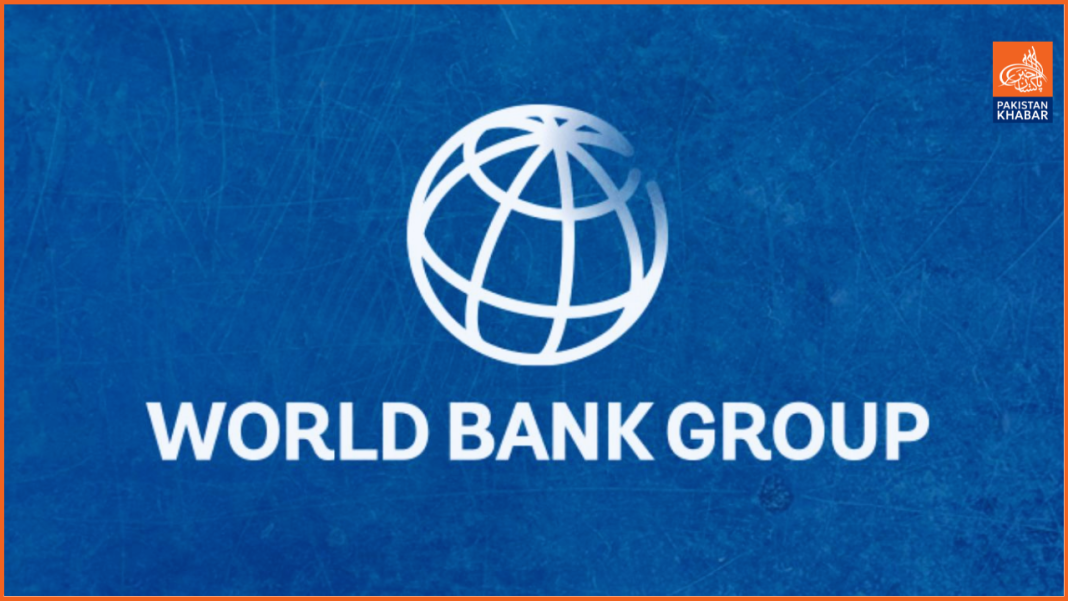The World Bank has approved a $240 million financing package for the Second Karachi Water and Sewerage Services Improvement Project (KWSSIP-2), aimed at enhancing water, sanitation, and hygiene (WASH) services in Karachi. This initiative seeks to provide safely managed WASH services, improving the quality of life for millions of residents.
World Bank Country Director for Pakistan, Najy Benhassine, emphasized the project’s significance, stating that safely managed WASH services are essential for public health and addressing the stunting crisis in Pakistan.
Building on the first phase (KWSSIP-1), KWSSIP-2 will focus on expanding bulk water supply, water treatment, wastewater management, and sewerage system improvements. Over half a million people in informal settlements (Katchi Abadis) will benefit from the project, with women and youth making up a significant portion of the beneficiaries (50% and 58%, respectively).
Khairy Al-Jamal, Task Team Leader for the project, highlighted that KWSSIP-2 will also address the gender gap at the Karachi Water and Sewerage Corporation (KWSC) by encouraging the recruitment of women for technical and leadership roles, providing training, and creating internship programs for women graduates.
By 2030, KWSSIP-2 aims to provide safe water to nearly 16 million people and sanitation services to 7.5 million people in Karachi. The project will also improve the operational efficiency and financial sustainability of KWSC and promote private sector partnerships in WASH services.
The project is co-financed by the Asian Infrastructure Investment Bank (AIIB) with an additional $240 million, while the Government of Pakistan will contribute $250 million. The expected funding from private and commercial finance is $269 million.
This initiative is part of the World Bank’s broader Pakistan Urban WASH Services Program, which aims to deliver safely managed WASH services to 33.5 million people across Pakistan by 2035. It also aligns with a regional initiative to extend WASH services to 100 million people across South Asia by 2035.
Since joining the World Bank in 1950, Pakistan has received over $48.3 billion in assistance, with 54 ongoing projects totaling $15.7 billion in commitments.




